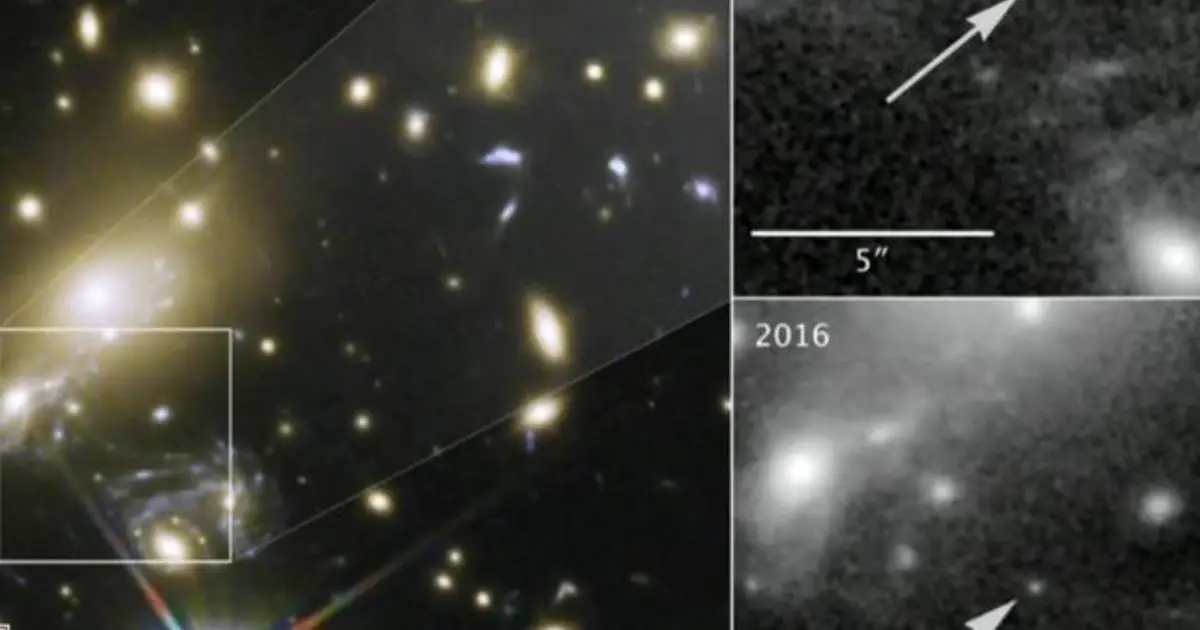Scientists Observe Strange Radio Signal Coming To Earth Every 16 Days
Tags: opinion

Scientists have grown confused by strange signals that have been coming from a mysterious object in a galaxy over 500 million light-years away.
Signals like this are not uncommon, in fact, researchers have been observing them for decades. However, these signals have been coming in every 16 days, each time with the same message and pattern, which means that they appear to be somewhat organized.
These signals are called FRBs, which stands for fast radio burst, and while they are fairly common, this is the first time in history that scientists have been able to detect a pattern in the signals.
The pattern was first observed by the Canadian Hydrogen Intensity Mapping Experiment Fast Radio Burst Project (CHIME/FRB). The organization tracked the FRBs and realized that the signal seemed to be repeating in a perfect pattern. The signals were detected using the CHIME radio telescope in British Columbia.
Researchers have been able to pinpoint approximately where the signals are coming from, but they still rent sure what any of it means. Scientists believe that the FRB is coming from a spiral galaxy known as SDSS J015800.28+654253.0, which is located half a billion light-years from Earth. The signal has been labeled as “FRB 180916.J0158+65.”
In one recent study that looked over the data from the signals, it was noted that the FRBs can be observed for four days at a time before they stop for 12 days and then repeat again.
“We conclude that this is the first detected periodicity of any kind in an FRB source. The discovery of a 16.35-day periodicity in a repeating FRB source is an important clue to the nature of this object,” the authors of the study said.
Despite this strange anomaly, many researchers are careful to clarify that this is not necessarily proof that intelligent life exists elsewhere in the universe, because it could be created by some type of natural phenomenon, such as a star or a black hole.
Leave Comment: